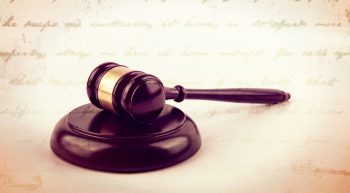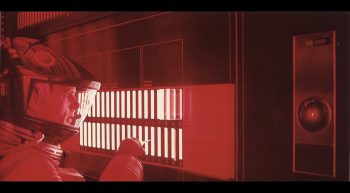February 26, 2018 saw the commencement of “Fair Use Week.” Intentionally or unintentionally, but certainly ironically, the Second Circuit Court of Appeals used this week to release its long awaited opinion in Fox News Network, LLC v. TVEyes, Inc. This decision completely rejects the fair use defense of TV video indexer TVEyes. Nova Southeastern University's Copyright Officer, Stephen Carlisle, J.D., recounts the major points of this important fair use decision, and discusses how this may be the first step in restraining the over inclusive doctrine of “transformative use.”









